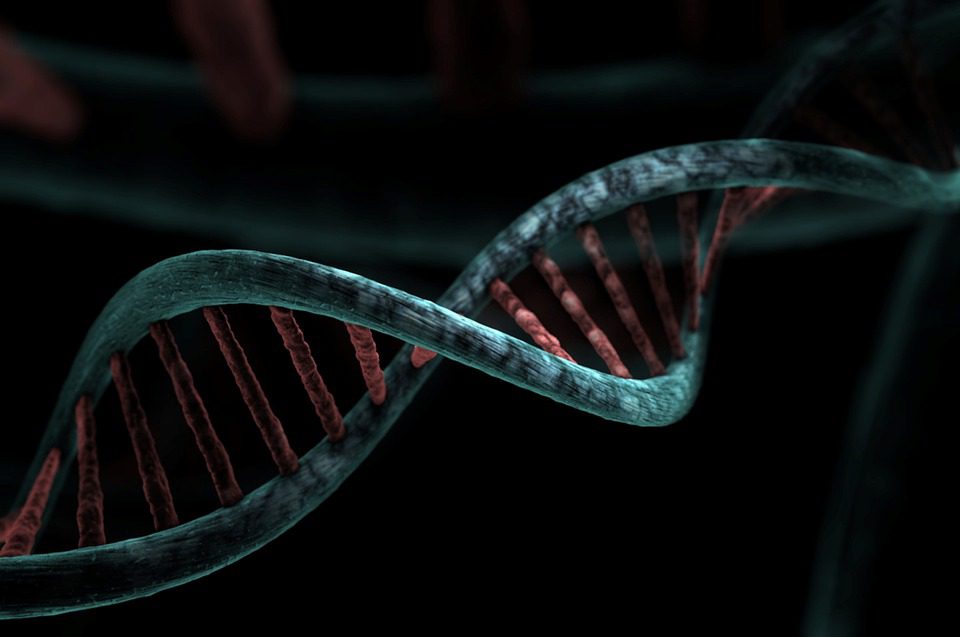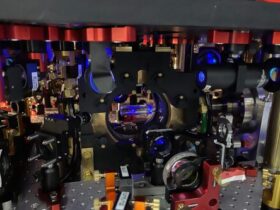Experts from The University of Queensland have discovered that a fragment of garbage DNA may hold the answer to suppressing fear-related experiences in individuals suffering from post-traumatic stress disorder (PTSD), including phobia, according to their findings.
As part of their research into how the DNA reacts to stressful situations, the researchers found this novel gene. For quite a while, scientists believed that the bulk of our DNA was composed of “junk DNA,” which was basically inactive and accomplished nothing. However, when scientists started to investigate these sections, they discovered that the vast majority of the genome is operative and being copied.
Researchers discovered 433 long non-coding RNAs within the hitherto unexplored sections of the human genetic code utilizing a sophisticated new sequencing method. A truly exciting aspect of the technique is that it allows researchers to home down on regions of the genome that may normally be hidden.
An entirely new gene was discovered that not only served as a framework for elements within the cell but also assisted in the coordination of fear memory development. This gene was designated as ADRAM by the scientists who discovered it. The knowledge of such genes, as well as how they could impact cognitive abilities in the setting of memory and learning, have remained a mystery until just now.
According to the results, long non-coding RNAs act as a connection between changing ambient cues and the processes that regulate how our minds react to anxiety in response to those stimuli.
Considering that we have a better knowledge of gene activation, we can concentrate on building methods to specifically address long non-coding RNAs inside the nervous system that substantially modulate memory and, ideally, create a novel treatment for post-traumatic stress disorder (PTSD) and phobias.
The findings were published in Cell Reports.















Leave a Reply